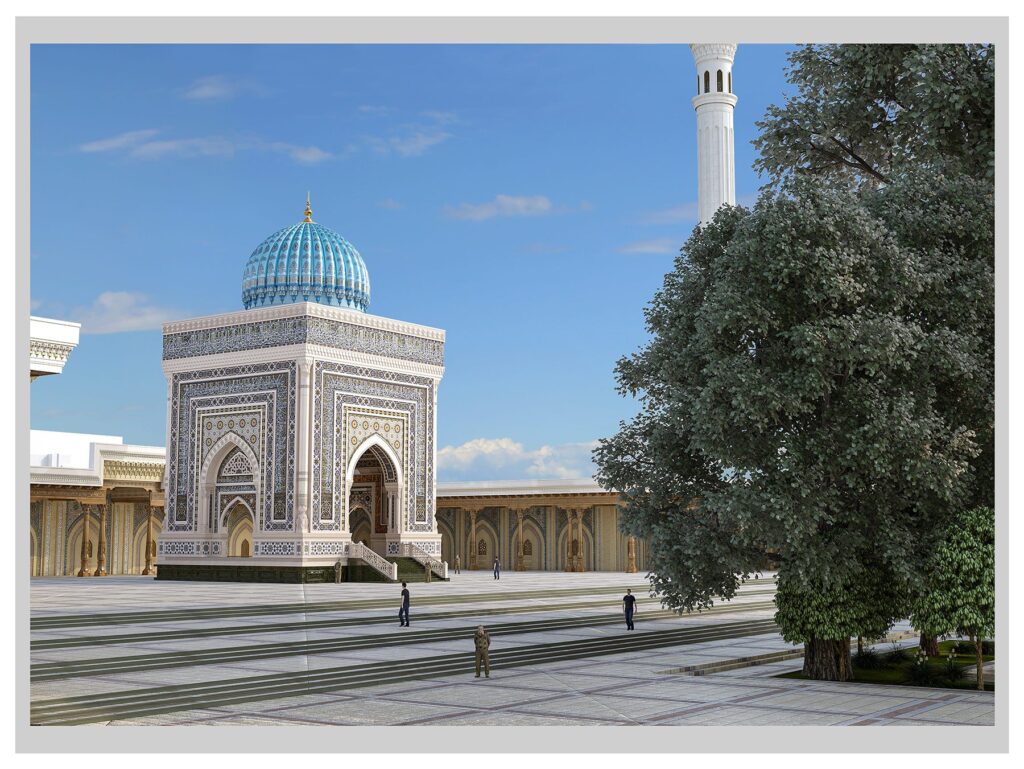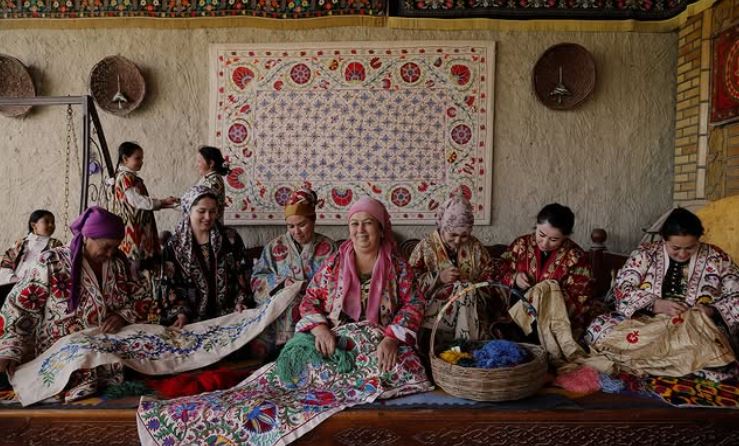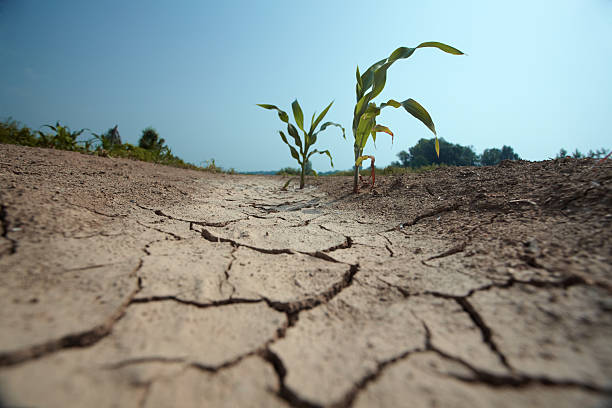Afghanistan Delivers White Marble to Uzbekistan for Imam Bukhari Complex
Afghanistan has delivered 16 truckloads of white marble from Herat to Uzbekistan for use in the construction of the Imam Bukhari complex in Samarkand, according to the Surkhandarya regional administration. The marble will contribute to the ongoing development of the religious and cultural site dedicated to the revered Islamic scholar. The marble was officially transferred at the Termez International Trade Center during a meeting between Uzbek and Afghan officials. According to Uzbekistan’s state news agency UzA, the first shipment comprises 324 boxes of rare white marble, with each slab measuring 3.5 to 4 centimeters thick. Expanding Bilateral Relations Uzbekistan and Afghanistan have been expanding bilateral relations in recent years. In March, Uzbekistan sent nearly 200 tons of humanitarian aid to Afghanistan, including flour, pasta, oil, sugar, and other essential supplies. Looking ahead, the two nations aim to boost annual trade to $3 billion. In 2023, trade turnover between Uzbekistan and Afghanistan totaled $866 million.






